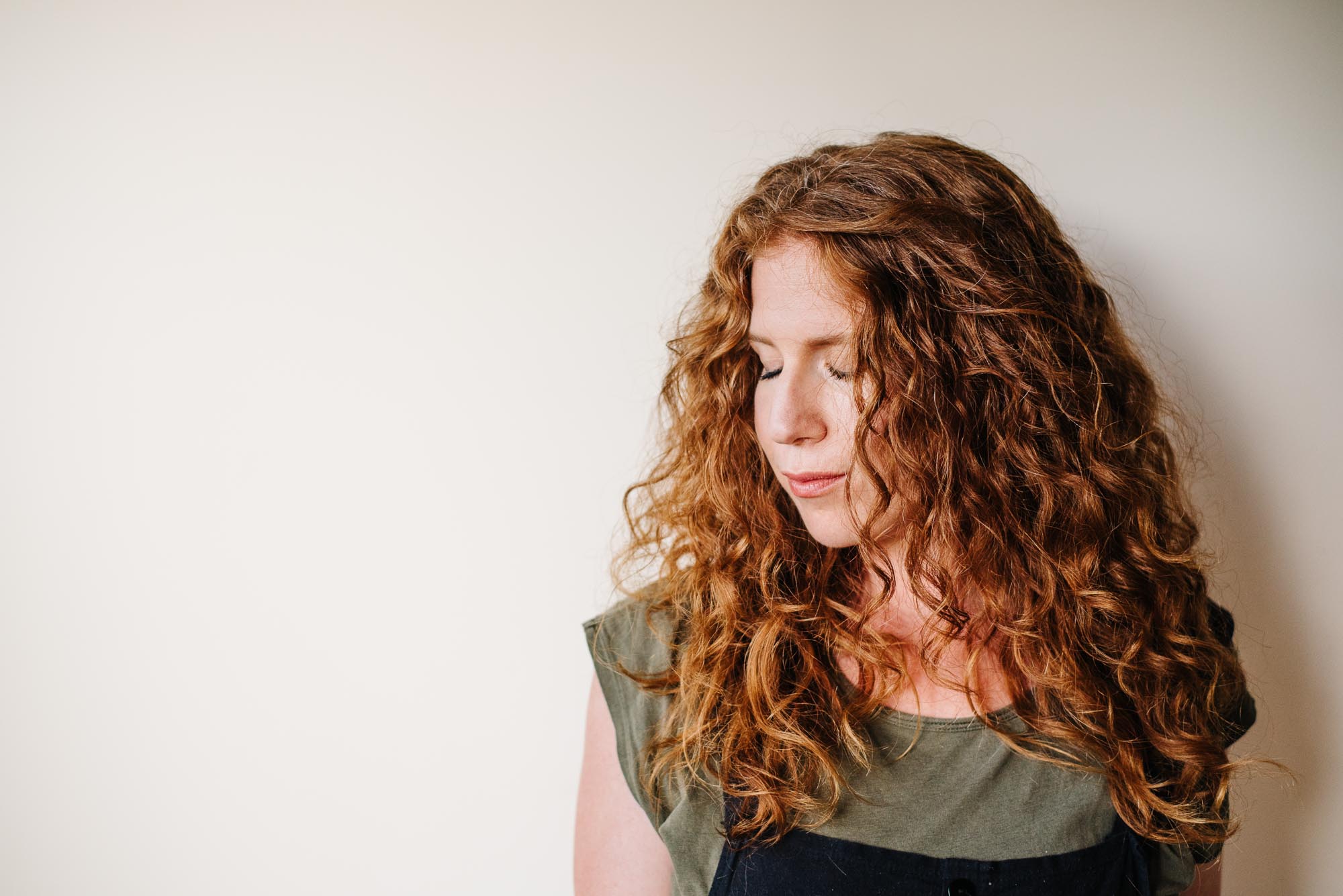
The heart that breaks open can contain the whole universe.
— Joanna Macy, environmental activist.
How do you deal with the grief?
I get asked this a lot, and it’s a question I love—I’m honored that many of you trust me to hold your hand, in some small virtual way, through times of tremendous loss and pain. Grief is a topic of regular discussion in my life, as I lost my mother nearly eleven years ago, at 24. Her death, and its preceding illness, also happened to be accompanied by a massive heartbreak in my romantic life. Together, these two radical losses transformed me.
Grief completely changed my psychoemotional landscape. It demanded everything of me —total presence, complete surrender. I screamed until my throat was raw. I cried gallons of tears. I woke up in the middle of the night sweating, sure I’d been visited by the one I’d lost. I lost fifteen pounds in two weeks.
These losses rearranged my cells and my neurons. They redefined what I believed, and asked that I reexamine many so-called truths I’d held for decades. They grew me up.

Grief also gave me a vocabulary of compassion I never imagined possible, because the truth is—we’re all going through loss, all the time. The loss of a childhood dream. A miscarriage. A relationship broken. A meeting that didn’t go as planned. A community we longed for but never experienced. The icy hands of racism and micro-aggressions gripping our daily life. A beautiful earth ravaged by human greed.
Poet Naomi Shihab Nye writes in her iconic poem Kindness:
Before you know kindness as the deepest thing inside,
you must know sorrow as the other deepest thing.
You must wake up with sorrow.
You must speak to it till your voice
catches the thread of all sorrows
and you see the size of the cloth.
The litany of losses we experience teach us that grief doesn’t come in one form. Nor does it manifest in one way, at one time. It may be more potent at different times of year, or particularly around holidays, when you previously gathered as a family. At these times, grief can resurface fresh as its first strike.
The day I began writing this post, a friend walked into my home with a book called The Wild Edge of Sorrow: Rituals of Renewal and the Sacred Work of Grief*, by psychotherapist Francis Weller. Though part of me was scared to crack open a book with such a weighty title, once I did I was immediately enthralled.
While Elizabeth Kübler-Ross helpfully outlined five stages of grief (denial, anger, bargaining, depression, and acceptance), Weller gets under the skin of why and how we grieve. He posits that we need grief as a fundamental part of the soul work we do in ourselves and our communities. He also introduces five different gates (or entry points) into the space of grief. They are:
- Everything We Love, We Will Lose — the loss of people and things we love
- The Places That Have Not Known Love — those parts of ourselves lost in shame
- The Sorrows of the World — the devastation and loss of planet earth
- What We Expected and Did Not Receive — the village / community we are missing
- Ancestral Grief — the grief of our ancestors carried through us
Weller positions each of these spaces of grief as an entry point to the collective experience of loss and sorrow. “…it is essential for us to welcome our grief,” he says. “When we do, we open ourselves to our shared experiences in life. Grief is our common bond. Opening to our sorrow connects us with everyone, everywhere.”
This perspective on grief and loss is incredibly refreshing. It doesn’t solidify woundedness as a means of connection, but rather normalizes loss as a part of everyday life. We need not have lost our most beloved family member to understand grief—we need only look so far as our daily experience, the accrual of disappointments we experience from birth, the weight of ancestral story we bear.
From this vantage point, it’s obvious that we could all use more kindness and compassion, towards ourselves and those around us. As Weller says, “We can be generous to every sorrow we see.”
I highly recommend picking up a copy of The Wild Edge of Sorrow* as you traverse your way through life. One important note: I don’t feel Weller addresses the griefs of systemic racism, tribalism, homophobia, and other forms of heteropatriarchal oppression adequately (if at all). This was a disappointment to me, and is worth consideration as you read.

Here are some of the things I did — and still do — to heal:
1) Went to therapy.
I needed a dedicated space to explore my own grieving process without worrying about anyone else’s needs. Particularly for those of us who spend a lot of time nurturing and caring for others, carving out this space is important.
2) I learned to be brutally honest with myself and others.
In particular, this meant being able to articulate what I was feeling without censoring myself—even to myself. That then led to being able to admit to myself what I needed, and the boundaries I needed to have in my healing. Boundaries became very important here, as I discovered that other people in my life were grieving in very different ways. Self-protection became important, as did the ability to communicate clearly, without anger or defensiveness. A straightforward ask goes a long way.
Developing a daily practice of self-reflection and self-expression helped with this, whether meditating, walking, writing, journaling, painting, playing music, or through some other creative outlet. Even ten minutes a day can be transformational.
3) I learned to ask for what I needed from friends and family—and myself—instead of expecting them to anticipate my needs.
I would tell friends in advance when I knew a day or situation was going to be very hard for me, and sometimes ask them to be with me. I told my dad it was important to me that we honor my mom on her birthday and on Mother’s Day, even though she was gone. And I banished any feelings of shame about communicating what I needed.
Similarly, I made time to mother myself — I took baths and walks, read, and loved on myself every way I knew how.
4) I sought out the company of people who understood my grief — and were also striving for balance and wholeness in spite of the loss.
Sharing time and conversation with other women who’ve lost their mothers is deeply comforting to me. It reminds me I am never, ever alone in my pain. There are many groups where mutual loss is honored and held. Here are a few:
- Motherless Daughters
- A Letter To You Project (a beautiful project that documents people reading letters to someone they’ve lost)
- HYWC (Hot Young Widows Club)
- OUR HOUSE Grief Support Center (both in Los Angeles and online resources)
- The Compassionate Friends (for those who’ve lost children)
- National Widower’s Organization
- American Foundation for Suicide Prevention (for suicide survivors)
- Griefnet.org (for adults grieving a loss)
- Hellogrief.org (for kids and adults grieving a loss)
- Hospice Foundation of America (great resource for loss and grief)
5) Patience, patience, patience. And learning to be present in the discomfort of grieving.
Let yourself feel it all without labeling it as good or bad. Know that waves of grief will continue to wash over you in new and unexpected ways. All of them are ok. And all of them will pass. Just take care of your heart.
And relatedly: time. Time truly makes the biggest difference. Ten years out from my mother’s death, her loss is still a palpable daily keening, but it’s not all-consuming. My heart isn’t irreparably broken. Ten years. It’s a long time.
Keep returning to numbers 1-5.
* denotes Amazon affiliate link



